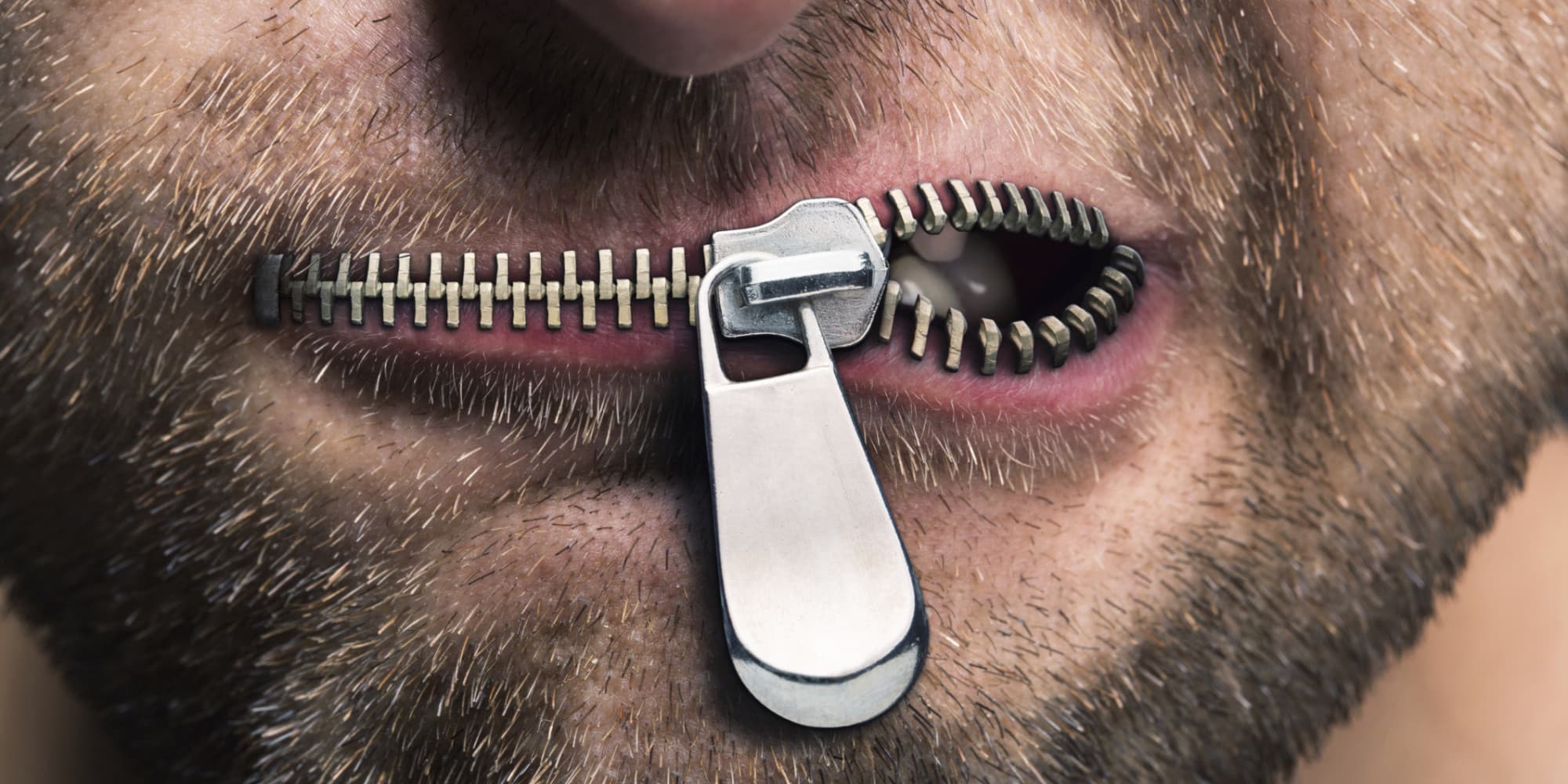Tech companies including Facebook, YouTube, Twitter and Microsoft have all recently signed a ‘code of conduct’ that was created by the European Commission. The agreement is set up to help stop the spread of hate speech in Europe, though many free speech and rights advocates are saying that the agreement could cause issues with people’s right to express opinions.
While virtually nobody would ever advocate speech that encourages violence or even hate against a particular group, it can be very subjective what that actually is. When countries and companies start working to stop what they consider ‘hate speech’ it can quickly become all encompassing. When someone is offended or hurt by a post on Facebook, for example, they could just report the issue as being hateful. After all, it is impossible for any company or individual to be able to judge the intent of the poster or the feelings of the person who is hurt.
The agreement describes the type of speech in question as, “all conduct publically inciting to violence or hatred directed against a group of persons or a member of such a group defined by reference to race, color, religion, decent or national or ethnic origin.”
This description is quite vague and open to interpretation.
While the intent of the agreement and the companies that signed it is undoubtedly good, many people are questioning what the results might be.
When talking about the agreement, Twitter’s European Public Policy Chief, Karen White, said, “Hateful conduct has no place on Twitter and we will continue to tackle this issue head on alongside our partners in industry and civil society. We remain committed to letting the tweets flow. However, there is a clear distinction between freedom of expression and conduct that incites violence and hate.”
While White may say that there is a clear distinction, there really isn’t. For example, we just ran a story about how often people call women whores and sluts on Twitter. Could someone consider this hateful or initiating violence? Objectifying women and using sexually charged insults may just do that. While those who make these types of posts are likely uncultured swine, do we really want to censor social media to this level?
Of course, we will need to wait to see just how this agreement ends up being enforced. It seems more than likely, however, that it will either be overly restrictive or it will be essentially unenforced.




